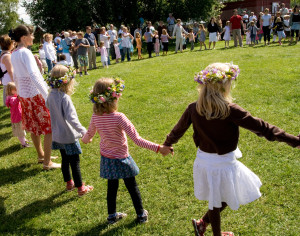The New Jersey Tuition Waiver – Advocating for Education for Children in Foster Care
At a time when only a handful of states provided tuition coverage to eligible children in foster care, Foster and Adoptive Family Services (FAFS) stepped to the plate and went to bat for the children in care in New Jersey. At the time, FAFS knew how important it was to bring the tuition waiver to the state. FAFS and its Board of Directors knew getting a Tuition Waiver Bill written and to the governor to sign into law would be a huge undertaking – especially considering the work load of the staff and the various offerings that were being provided to the foster care community through the organization.
 However, FAFS also knew that this legislation would make a world of difference in the lives of children in care – especially to the older youth making the transition into adulthood. FAFS believed the state providing financial support in education would send a clear message that children in care are just as important as any other child, and they can succeed. A legislative committee spearheaded by then FAFS president, Janet Farrand, began to take steps in passing the New Jersey Tuition Waiver Bill in law. Continue reading
However, FAFS also knew that this legislation would make a world of difference in the lives of children in care – especially to the older youth making the transition into adulthood. FAFS believed the state providing financial support in education would send a clear message that children in care are just as important as any other child, and they can succeed. A legislative committee spearheaded by then FAFS president, Janet Farrand, began to take steps in passing the New Jersey Tuition Waiver Bill in law. Continue reading




